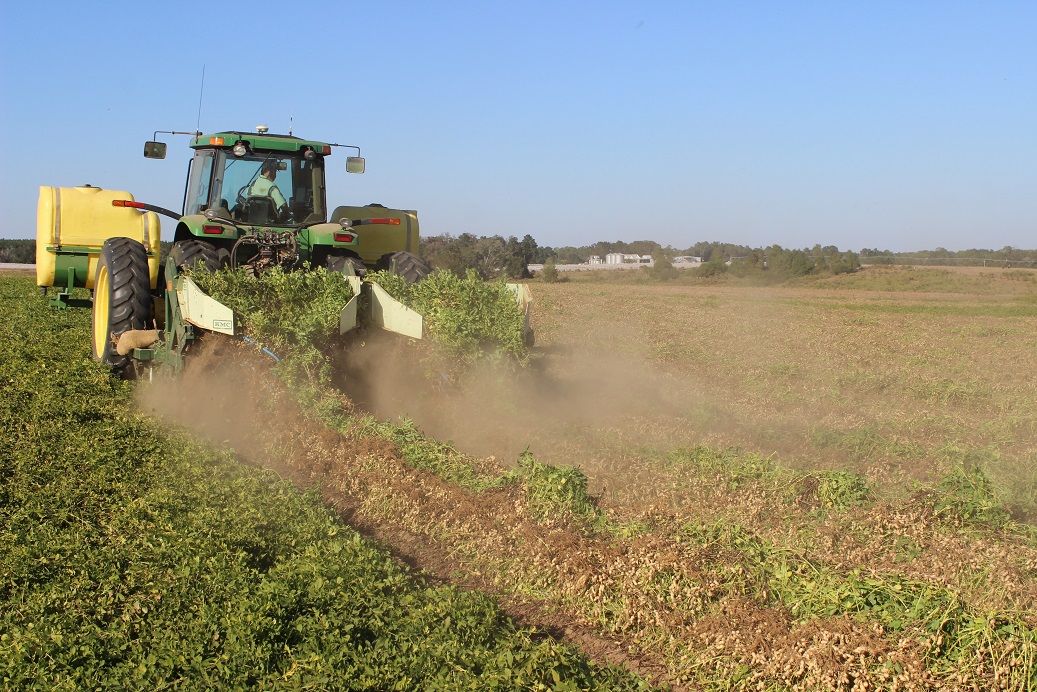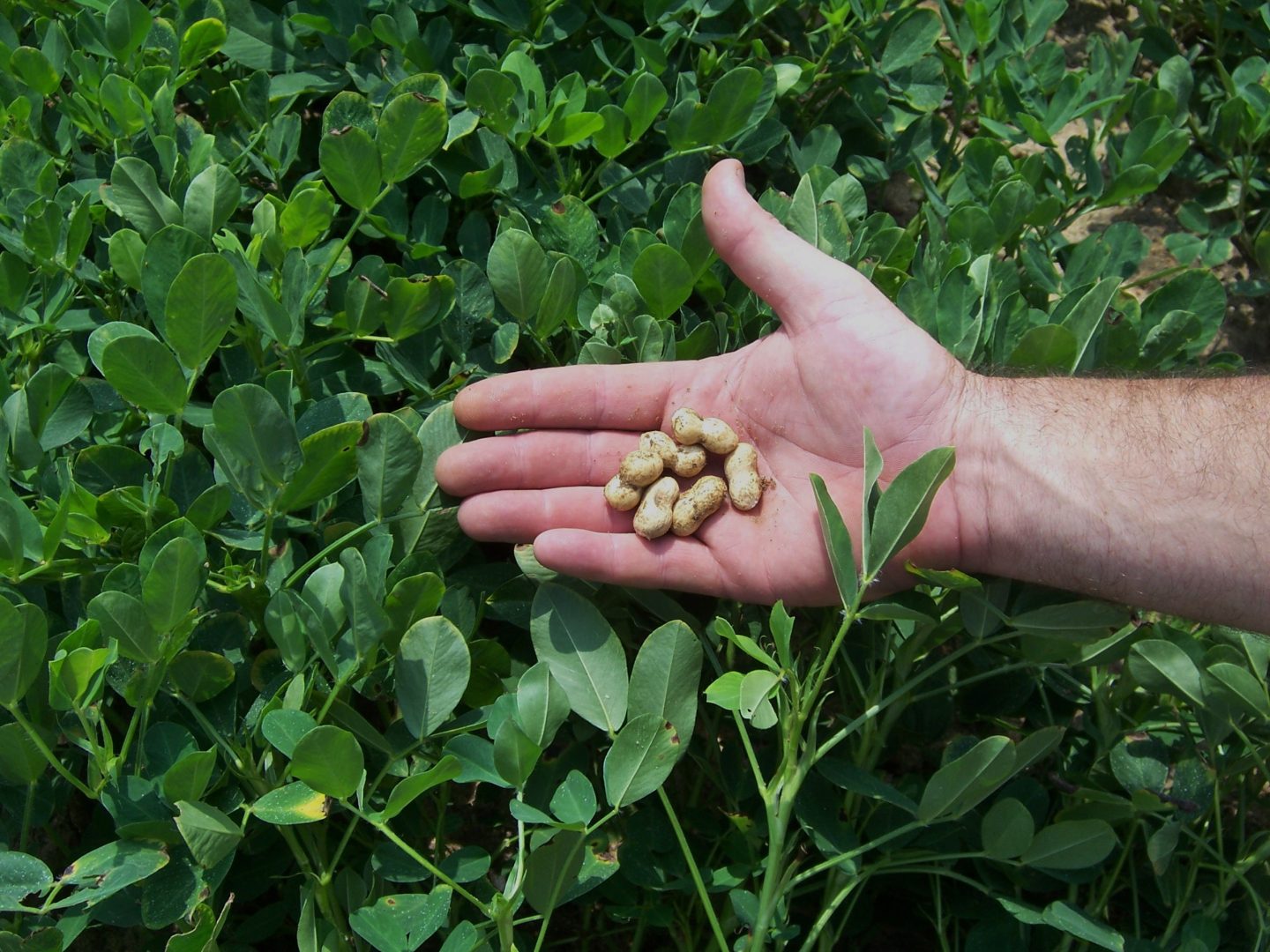Peanut Caucus Co-Chairs Bishop and Roby Urge USDA to Respond to China’s Proposed Peanut Tariffs
Congressman Sanford D. Bishop, Jr. (GA-02) and Congresswoman Martha Roby (AL-02), Co-Chairs of the House Peanut Caucus, sent a letter to U.S. Agriculture Secretary Sonny Perdue urging the U.S. Department of Agriculture (USDA) to respond to recent negative trade actions by China that threaten the U.S. peanut industry.
They specifically encouraged USDA to consider the purchase of additional peanut butter through the Food and Nutrition Service programs that distribute commodities to schools, food banks, and other domestic feeding programs. They also urged USDA to consider the purchase of peanut products to be distributed through Title II Food Aid programs and under the McGovern-Dole Food for Education Program.
The Chinese Finance Ministry announced on August 3, 2018 that it will increase tariffs on an additional $60 billion worth of U.S. products if the U.S. follows through with a plan to add 10 percent tariffs to $200 billion of Chinese goods by September as proposed by the Administration on August 1, 2018. For the first time, China included peanut products among items to be targeted for retaliatory tariffs.
Georgia supplies nearly half of the nation’s peanuts. In 2016, Georgia peanuts had a farm gate value of more than $620 million. But like all other commodities, peanuts have faced years of declining commodity prices. The pending tariffs on peanuts will only compound the challenges the peanut industry faces.
Representatives Bishop and Roby wrote:
“As Co-Chairs of the House Peanut Caucus, we are writing to encourage the U.S. Department of Agriculture (USDA) to respond to recent negative trade actions by China by considering the purchase of additional peanut butter through the Food and Nutrition Service programs that distribute commodities to schools, food banks, and other domestic feeding programs. Additionally, we request that the USDA weigh the purchase of peanut products to be distributed through Title II Food Aid programs and under the McGovern-Dole Food for Education Program. Of note, a peanut-based product has been approved for use under McGovern-Dole but has not been utilized to date.”
They continued:
“As strong advocates for free and fair trade around the world, we urge you to work with the U.S. Trade Representative to take whatever action necessary to help alleviate growing tensions with our trade partners.”
The proposals Co-Chairs Bishop and Roby outlined in their letter are supported by the Southern Peanut Farmers Federation (SPFF), the National Peanut Buying Points Association, (NPBPA), and the American Peanut Shellers Association (APSA).
This is the second time Congressman Bishop has called on Ambassador Lighthizer to take action to address Chinese tariffs. In April, Bishop sent a letter to Ambassador Lighthizer detailing the threats tariffs pose to the pecan industry, which has enjoyed recent success with lower tariff rates.
The full text of the letter can be found below:
——–
Dear Secretary Perdue:
As Co-Chairs of the House Peanut Caucus, we are writing to encourage the U.S. Department of Agriculture (USDA) to respond to recent negative trade actions by China by considering the purchase of additional peanut butter through the Food and Nutrition Service programs that distribute commodities to schools, food banks, and other domestic feeding programs. Additionally, we request that the USDA weigh the purchase of peanut products to be distributed through Title II Food Aid programs and under the McGovern-Dole Food for Education Program. Of note, a peanut-based product has been approved for use under McGovern-Dole but has not been utilized to date.
Both U.S. industry and recipients will benefit from increased purchases of peanut-based foods under the two programs, and these requests are supported by the peanut industry. In a letter addressed to you on July 30, 2018 the Southern Peanut Farmers Federation (SPFF), the National Peanut Buying Points Association, (NPBPA), and the American Peanut Shellers Association (APSA) wrote in favor of these programs.
As strong advocates for free and fair trade around the world, we urge you to work with the U.S. Trade Representative to take whatever action necessary to help alleviate growing tensions with our trade partners. As you know, the Chinese Finance Ministry recently announced it will increase tariffs on an additional $60 billion worth of U.S. products if the U.S. follows through with a plan to add 10 percent tariffs to $200 billion of Chinese goods by September as proposed by the Administration on August 1st. For the first time, China included peanut products among items to be targeted for retaliatory tariffs.
American peanut farmers, like other U.S. agricultural producers, are suffering from stagnant prices, fewer new market opportunities, and slow international demand. The European Union has levied an additional tariff of 25 percent on U.S. produced peanut butter. The pending Chinese tariff could have significant consequences for the peanut industry. China has historically been an inconsistent importer of U.S. peanuts, but now they will likely be out of the U.S. peanut market for the foreseeable future.
As you know, the USDA does have the authority to assist commodities impacted by current international market conditions. Under your direction, the decisive actions mentioned in the letter from these united associations can provide much needed stability to the peanut industry. We appreciate your leadership and strong commitment to America’s agriculture industry during this time of uncertainty.
Sincerely,
Sanford D. Bishop, Jr. Martha Roby
Member of Congress Member of Congress








